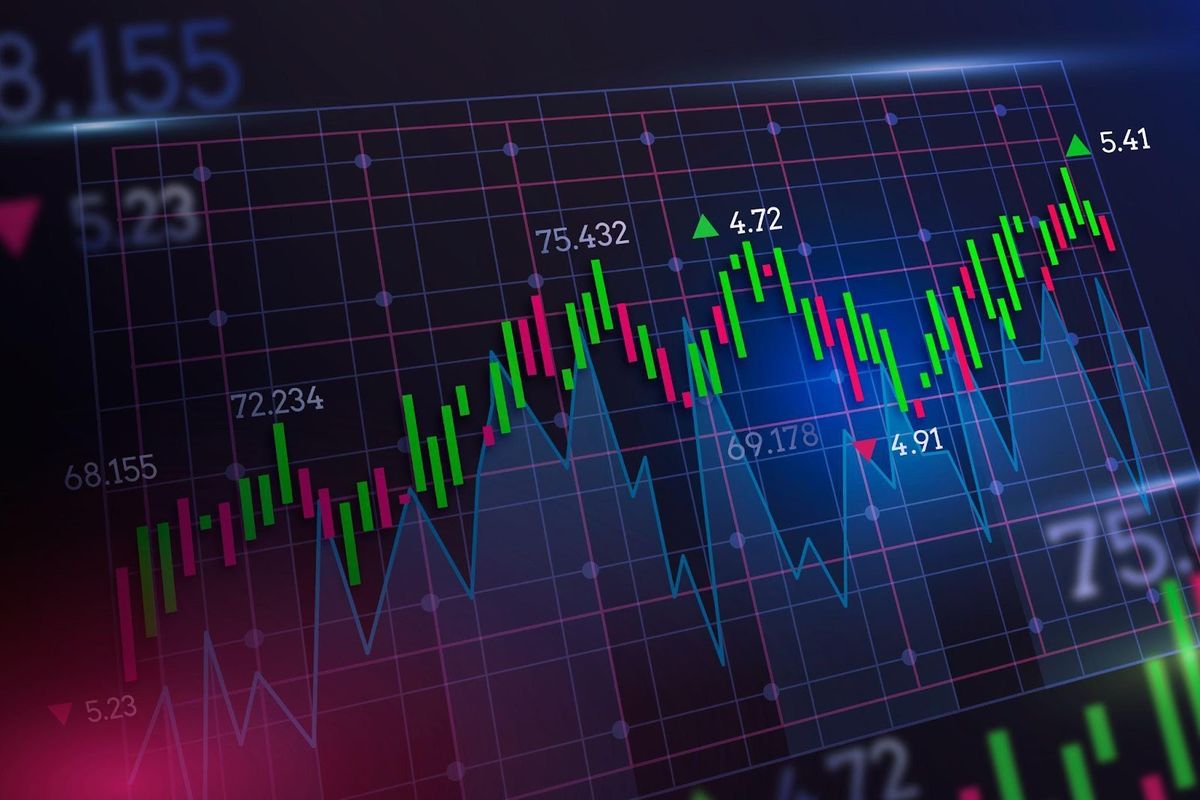
Trading contracts are fundamental instruments in financial markets, offering traders the ability to speculate, hedge risks, or diversify their portfolios. The success of your trading endeavours depends significantly on choosing the right type of contract that aligns with your strategy. This guide explores trading contracts, how to evaluate your trading strategy, and factors to consider for an informed decision.
Understanding Trading Contracts
Trading contracts are agreements between parties to buy or sell an asset at a predetermined price or under specific conditions. These contracts provide structured opportunities for traders to engage in markets without necessarily owning the underlying asset.
Each type of contract comes with unique characteristics, including contract size, duration, underlying asset types, and settlement methods. Futures contracts involve standardized agreements traded on exchanges, while options provide the right—but not the obligation—to buy or sell. Contracts for Difference (CFDs) enable traders to speculate on price movements, and forward contracts allow for customized agreements between private parties. The diversity in trading contracts ensures options for both speculative and hedging strategies, making it essential to understand their mechanics before diving in.
Evaluating Your Trading Strategy
Before selecting a trading contract, you need to evaluate your trading strategy comprehensively. Start by identifying whether your goals are short-term or long-term. Day traders, for instance, may prefer CFDs due to their flexibility and lower capital requirements, while long-term investors might lean toward options or futures contracts to lock in specific pricing over extended periods.
Assessing your risk tolerance is also critical. Trading contracts often involve leverage, which can amplify both gains and losses. Understanding the extent of your financial commitment and potential exposure is key to minimizing risks. Additionally, evaluate how trading contracts fit into your broader risk management strategy. Hedging instruments like futures can reduce exposure to volatile markets, ensuring your strategy remains robust against unexpected price swings.
Types of Trading Contracts and Their Suitability
Futures contracts are well-suited for traders looking to hedge or speculate. These standardized agreements enable participants to buy or sell assets such as commodities, indices, or currencies at a predetermined price on a future date. They’re often used by commodity producers to stabilize prices or by traders aiming to capitalize on market trends.
Options contracts are favoured for their flexibility, offering the right to buy or sell without the obligation. This makes them ideal for speculative strategies or managing portfolio risks. For example, purchasing a call option allows a trader to benefit from upward price movements while limiting potential losses to the premium paid.
CFDs, or Contracts for Difference, are popular among short-term traders seeking leveraged exposure to markets. They allow participants to speculate on price changes without owning the underlying asset. Traders often use CFDs in volatile forex or equity markets for quick gains, although they require careful risk management due to their inherent leverage.
Key Factors to Consider When Choosing a Contract
Market conditions play a pivotal role in determining the right contract. In highly volatile markets, options may offer greater control over risks, while futures can capitalize on predictable price trends. Liquidity and market access are also critical considerations; illiquid contracts can lead to difficulties in entering or exiting positions efficiently.
The costs associated with trading contracts, including spreads, margins, and commissions, directly impact profitability. For traders using leveraged instruments, rollover fees for holding positions overnight must also be factored in. Accessibility is another key consideration. Some contracts are restricted based on regulatory frameworks, or they may require specific account types or qualifications to trade.
Compatibility with your trading tools and platforms is equally important. Automated trading strategies, for instance, rely on contracts that integrate seamlessly with analytics and execution systems. Ensuring that your contract choice aligns with your trading setup can streamline operations and improve outcomes.
Common Mistakes to Avoid
One of the most frequent errors traders make is selecting contracts without fully understanding the associated risks. Overleveraging is another pitfall, driven by the prospect of amplified returns. This approach often leads to substantial losses, especially in volatile markets.
Ignoring expiry dates and settlement terms can have dire consequences, particularly for futures and options contracts. Many traders fail to account for these deadlines, resulting in forced settlements or missed opportunities. Additionally, market conditions are dynamic, and failure to adapt your contract choices accordingly can render your strategy ineffective.
Steps to Select the Right Trading Contract
Choosing the right trading contract begins with a thorough analysis of your trading goals and risk appetite. Start by comparing the features of various contract types, such as their leverage, duration, and settlement terms. Utilize demo accounts to simulate trading performance under different scenarios. This hands-on experience can provide valuable insights without risking real capital.
If you’re unsure, seek guidance from experienced professionals or mentors, especially when dealing with complex instruments. Understanding the nuances of each contract and how it aligns with your strategy is essential for long-term success.
Conclusion
Selecting the right trading contract requires a deep understanding of your strategy, the contracts available, and the market conditions in which you operate. Aligning your choices with your goals can significantly enhance your trading outcomes while minimizing risks. As market dynamics evolve, regularly reassessing your contract options will ensure that your strategy remains effective and adaptable. By making informed decisions, you position yourself for sustainable success in the dynamic world of trading.


